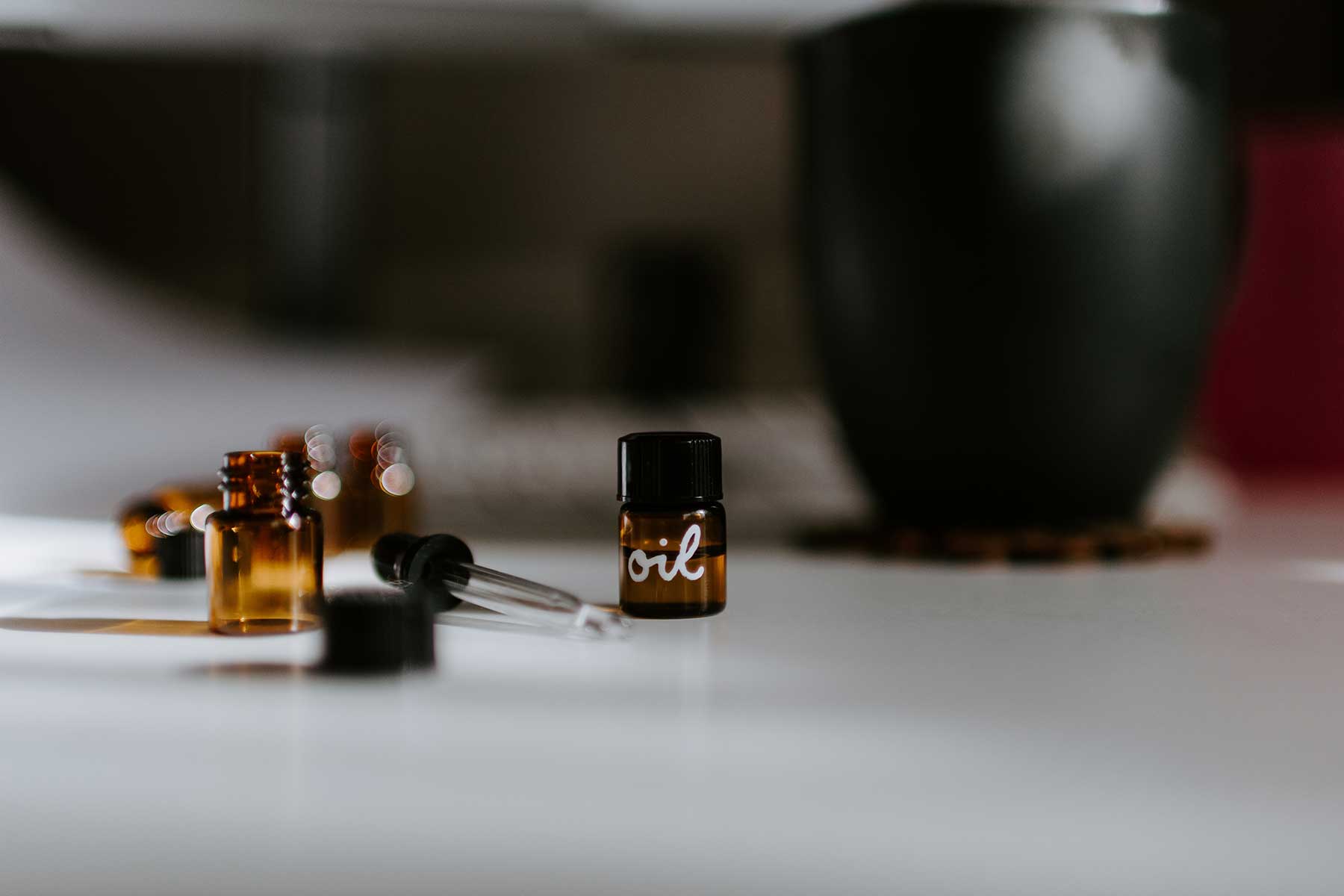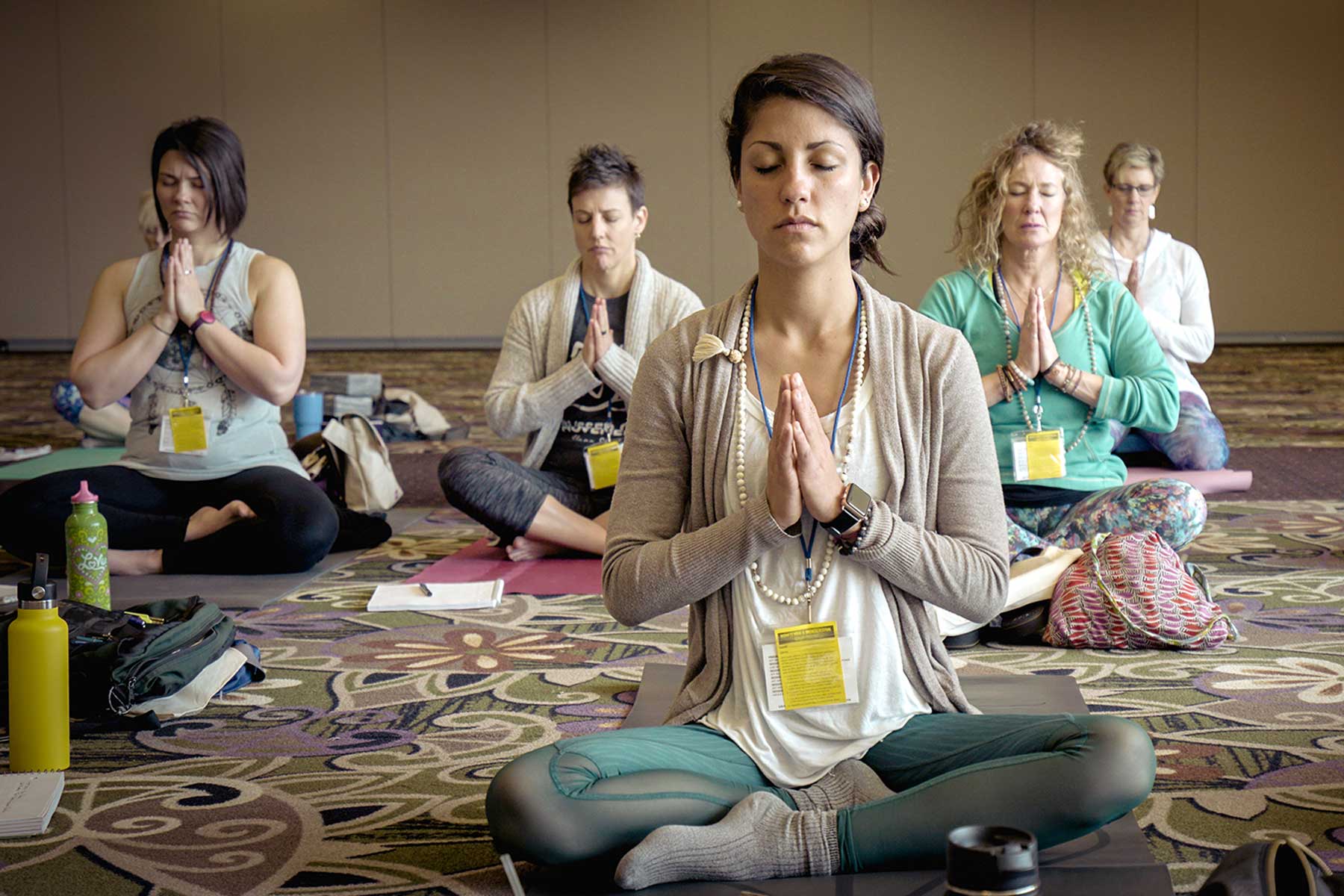Welcome to our journey exploring the secrets of living a long and healthy life. In this article, we dive into the amazing lessons from different corners of the world on how to live longer. We’ll see how people from various cultures manage their diets, lifestyles, and habits to add more years to their lives.
By looking at these global examples, we can learn a lot about what it takes to enjoy a long, fulfilling life. So, let’s begin this exciting exploration together and uncover the secrets of longevity from around the globe!
The Mediterranean Diet: A Key to Longevity
Have you ever wondered why people in regions like Greece and Italy often live long, healthy lives? A big part of their secret lies in what they eat. The Mediterranean diet, famous in these areas, is not just a way of eating; it’s a way of life that could help you live longer too.
This diet is rich in fruits, vegetables, whole grains, and healthy fats. You might be thinking, what exactly does this include? Well, let’s break it down:
- Fruits and Vegetables: These are the stars of the Mediterranean diet. Imagine filling your plate with colorful vegetables like tomatoes, spinach, eggplants, and a variety of fruits such as oranges, grapes, and figs. These foods are not only delicious but also packed with vitamins and antioxidants, which are great for your health.
- Whole Grains: Instead of white bread or pasta, the Mediterranean diet includes whole grains like whole wheat bread, brown rice, and quinoa. These grains provide essential nutrients and keep you full longer, helping to maintain a healthy weight.
- Healthy Fats: Here, it’s all about good fats. Olive oil is a major player, used in cooking and dressings. Nuts, seeds, and fish, rich in omega-3 fatty acids, also play a crucial role. These fats are heart-friendly and can help reduce the risk of heart diseases.
The Benefits for You
Adopting a Mediterranean diet can do wonders for your health. It’s been shown to:
- Improve Heart Health: The diet is known to reduce the risk of heart disease, thanks to its emphasis on healthy fats and high fiber.
- Aid in Weight Management: The high fiber content in whole grains and vegetables can help you feel full, making it easier to maintain a healthy weight.
- Boost Brain Health: Foods rich in antioxidants and omega-3s are great for your brain, potentially reducing the risk of memory issues as you age.
- Enhance Overall Well-being: This diet isn’t just about the physical benefits; it’s also about enjoying meals and taking the time to savor your food, which can improve your overall sense of well-being.
Japanese Lifestyle and Longevity
Have you ever heard about the long lives of Japanese people, especially those from Okinawa? There’s a lot you can learn from their lifestyle to boost your own health and longevity. Let’s delve into what makes the Japanese way of life so special and how it contributes to their remarkable longevity.
The Okinawan Diet: A Model for Healthy Eating
In Okinawa, seafood is a big part of daily meals. Fish and other sea creatures are excellent sources of lean protein and omega-3 fatty acids, which are good for your heart and brain. By including more seafood in your diet, you can enjoy these health benefits too.
Portion control is another key aspect of the Japanese diet. It’s not just about what you eat, but how much you eat. The traditional Japanese practice of ‘Hara Hachi Bu’ encourages eating until you’re only 80% full. This helps in maintaining a healthy weight and reduces the risk of diseases related to overeating.
Japanese meals are also about variety and balance. You’ll often find a mix of different food groups on a single plate, like a little bit of rice, fish, pickled vegetables, and soup. This variety ensures that you get a range of nutrients in your diet.
A Culture of Physical Activity
In Japan, physical activity is a natural part of everyday life. People often walk or bike to their destinations and engage in regular, gentle exercises like Tai Chi or gardening. This active lifestyle helps in keeping the body fit and the mind sharp.
Physical activity in Japan is often a social affair, involving family and community. Participating in local festivals, community exercises, or simply enjoying walks with friends or family not only keeps you physically active but also mentally engaged and socially connected.
Scandinavian Work-Life Balance
When you think about living a long and healthy life, how you balance your work and personal life plays a big role. Let’s take a lesson from the Scandinavian countries, where people are known for their remarkable work-life balance. This balance is not just good for your happiness but also for your longevity.
Prioritizing Time Off
In Scandinavian cultures, taking time off from work is seen as essential, not a luxury. You’ll find that people often enjoy generous vacation time and parental leave policies. This gives them a chance to recharge, reducing stress and improving overall well-being.
Shorter Working Hours
Imagine a workday that typically ends around 4 PM. This allows you to have more time for yourself, your family, and your hobbies. By working fewer hours, you can reduce stress and prevent burnout, which is key to a long and healthy life.
Emphasis on Outdoor Activities
Scandinavians love to spend time outdoors, regardless of the weather. This connection with nature is a great way to relax and unwind after a day’s work. Whether it’s hiking, skiing, or just a quiet walk in the park, regular outdoor activities can boost your mental and physical health.
Why It Matters for Your Longevity
- Reduces Stress: Managing stress effectively is crucial for preventing health issues. A good work-life balance means less stress and a happier, healthier you.
- Promotes Physical Health: With more time for yourself, you can engage in physical activities, which are great for your heart and overall fitness.
- Boosts Mental Health: Balancing work with leisure activities and family time keeps your mind happy and healthy, reducing the risk of mental health issues.
- Improves Sleep: Less stress and a balanced lifestyle often lead to better sleep, which is essential for long-term health and longevity.
Physical Activity in Indigenous Cultures
Physical activity is a key part of staying healthy and living longer. Let’s explore how indigenous cultures around the world, like tribes in Africa and the Amazon, integrate physical activity into their daily lives. Understanding their approach can offer you fresh insights into staying active and healthy.
In many indigenous cultures, physical activity isn’t something you do only at a gym or during a specific time. It’s a natural part of daily life. Whether it’s walking long distances, farming, hunting, or gathering food, these activities keep the body moving and healthy.
For tribes in the Amazon and Africa, the connection with nature is profound. Their physical activities often involve interacting with their natural surroundings. This not only provides physical exercise but also a deep sense of mental well-being.
Learning from Indigenous Cultures
- Incorporate Movement into Daily Life: You don’t always need a structured exercise routine. Simple activities like walking, gardening, or even playing with kids can keep you active.
- Use Nature as Your Gym: Try to spend more time outdoors. Activities like hiking, swimming in a lake, or just a walk in the park can be great for your body and mind.
- Community Activities: Many indigenous cultures emphasize community activities, which can be more enjoyable and motivating. Consider joining a group sport or community exercise class.
- Value Simplicity: There’s beauty in the simplicity of how indigenous people approach physical activity. It’s not about having the latest gym equipment but about using your body and your environment to stay fit.
The Role of Community and Social Ties
Strong community and social connections play a crucial role in living a long and healthy life. Places like Sardinia, known for their high number of centenarians, show us just how important these social ties are. Let’s discover why being part of a community can be one of your best assets for longevity.
In Sardinia, close-knit communities are a way of life. People there often have strong bonds with family, friends, and neighbors. This support network provides emotional support, which is vital for mental health, especially as you age.
Being socially active isn’t just about having fun. It helps keep your mind sharp and can even lower the risk of health problems like depression and heart disease. In Sardinian communities, regular social gatherings, communal meals, and celebrations are common, keeping everyone engaged and connected.
How You Can Foster Social Ties
- Stay Connected with Loved Ones: Regularly spending time with family and friends can boost your mood and health.
- Join Community Groups: Whether it’s a hobby club, a sports team, or a volunteer group, being part of a community can give you a sense of belonging and purpose.
- Participate in Local Events: Attending local events or festivals can be a great way to meet new people and strengthen your connection to your community.
- Be a Good Neighbor: Sometimes, simply knowing and interacting with your neighbors can make a significant difference in how connected you feel.
Cannabis and Longevity
You might have heard about CBD and Delta 8, two compounds gaining attention for their potential health benefits. Understanding what they are and how they might contribute to longevity can be a valuable part of your journey towards a healthier life.
What are CBD and Delta 8?
CBD, or cannabidiol, is a compound found in cannabis plants. Unlike THC, which is known for its psychoactive effects, CBD doesn’t make you feel ‘high.’ It’s legal in many places, provided it comes from hemp and contains very low levels of THC.
Delta 8 is similar to THC but with less potency. It’s found in small amounts in cannabis plants and is known for its relaxing effects. The legal status of Delta 8 varies, so it’s important to check your local laws.
Potential Health Benefits
Some studies suggest that CBD may have antioxidant properties, which can be beneficial in countering age-related damage in the body. It’s also being explored for its potential to improve sleep quality and reduce anxiety, both of which are crucial for a healthy aging process.
Delta 8 might help with relaxation and stress reduction. Lower stress levels can have a positive impact on your overall health and potentially contribute to a longer life.
Wrapping Up
From the Mediterranean diet’s emphasis on fruits, vegetables, and healthy fats, to the Japanese lifestyle of balance and mindful eating, each culture offers unique insights into living a longer, healthier life.
We’ve seen how the Scandinavian approach to work-life balance can reduce stress and improve overall well-being. The daily physical activities inherent in indigenous cultures remind us of the importance of natural movement. And the strong community ties in places like Sardinia highlight the role of social connections in longevity.




